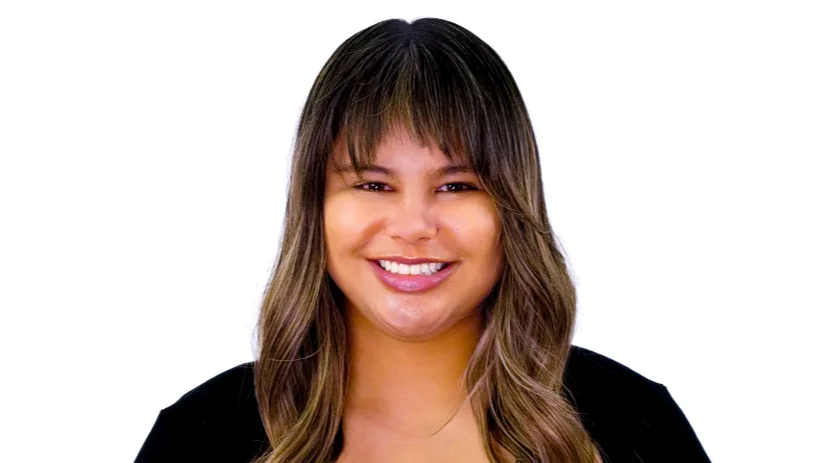The U.S. Supreme Court has limited the power of lower courts to issue "universal injunctions," a decision that could lead to an increase in class action lawsuits, according to the American Civil Liberties Union (ACLU) of Nevada. The ruling did not address the merits of the Trump Administration's executive order aimed at ending birthright citizenship.
The ACLU of Nevada suggests that this ruling will likely result in more class action cases, potentially overwhelming courts due to their complex procedural requirements. Reflecting on Justice Ketanji Brown Jackson’s dissenting opinion, the ACLU stated, “Eventually, executive power will become completely uncontainable, and our beloved constitutional Republic will be no more.” Despite this limitation, universal injunctions are not entirely prohibited by the court's decision.
The case involves an injunction that blocked Trump's executive order intended to revoke citizenship from children born in the U.S. to immigrants, challenging the Fourteenth Amendment’s guarantee of birthright citizenship. Federal appeals courts had previously issued nationwide injunctions against this order due to its conflict with the Citizenship Clause of the Fourteenth Amendment.
Athar Haseebullah, Executive Director of ACLU Nevada, commented on the implications: “The court’s decision to undercut universal injunctions is likely to yield even more turmoil nationwide, with an increased number of class action lawsuits and inconsistent results for extended time periods between jurisdictions on a variety of issues." He noted that while today's decision didn't end birthright citizenship or address its merits, it undermines judges' ability to interpret law consistently across different jurisdictions.
Justice Sotomayor warned about potential future risks: “Today, the threat is to birthright citizenship. Tomorrow, a different administration may try to seize firearms from law-abiding citizens or prevent people of certain faiths from gathering to worship."
Twenty-two states including Nevada have challenged Trump's executive order on birthright citizenship. These challenges are expected to continue and possibly expand following this ruling.


